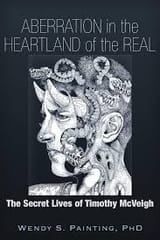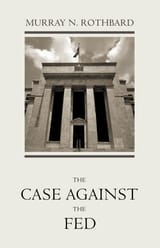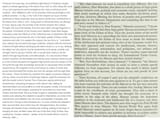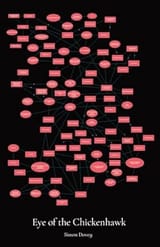>>24597852>>24597862(Not exactly addressing you directly here, just kind of bouncing off some of the things mentioned in your posts)
It's true that occult shit is a thing within elite circles, but I don't think we get clarity from just pointing to that and saying, "See!?". What does it mean? That paranormal shit is actually real, or that it's not, but that elites are true believers? Are elites enlightened, or evil, or insane? And what good does awareness of this do us?
I prefer to look at religion sociologically. People consciously or unconsciously adopt mythical worldviews as tokens of belonging to identity groups. Elites are higher-than-average-IQ people who are less likely to believe naively in the received religious teachings that most normies grow up with. You find a lot of interest in heterodox or esoteric spirituality within high-IQ non-elites, too. Many of them also come from old-power families. They know that they're part of the myth-maker class and enjoy flexing their freedom from the plebeian taboos they exploit. But I think the most important thing is that secret societies are like mystified blackmail rings, and blackmail rings are like secularized secret societies. In blackmail rings, you gain the privilege to do taboo activities that normies can't get away with at the expense of some of your autonomy. In secret societies, that privilege may be supposed spiritual knowledge, or moral license, or both. These groups attract people who are ambitious, or morally and emotionally weakened and desperately seeking greener pastures, or both. I think the healthier of the ambitious ones know what they're doing and use the spiritual bullshit as a means, and that they're probably the ones who rise to the top more often than not. (Then again, it's the Jews at the top (pretty much), and clearly some of them, like Chabad, believe their own schizo myths.)
Point is, exoteric religions are just the lowest, broadest, most naive tier of secret societies. Don't let "Satan" scare you to Jesus. Don't believe in Hermes Trismegistis, gnosis, gurus, ayyys, or any of their stupid myths. They don't have special knowledge. They just have connections and speak a secret language, so to speak. Good deep politics research functions on principles similar to those of signals intelligence: it lays out data about people, their known individual and corporate activities, and how they're known to network with one another, so that when we speculate about their clandestine activities (as we inevitably have to do at some point), we don't have to make as many leaps and can better justify confidence of our conclusions. Precision is important because it weakens controlled opposition myths and keeps us sane (at least me).











